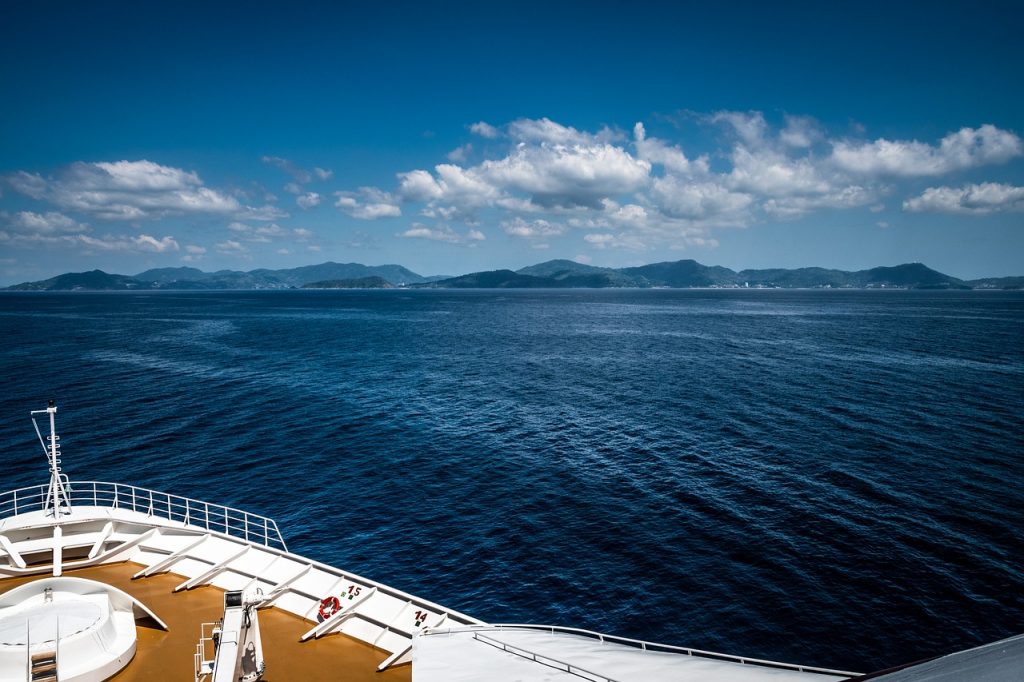A New Ocean Is Suddenly Forming In The Middle Of Africa
Shifting plates beneath Africa is causing the continent to slowly split apart, forming a new ocean in between the halves.
This article is more than 2 years old

Over the next five to 10 million years, the continent of Africa will split in two, and a vast, new ocean will form in between the pieces. The rift isn’t new information; in fact, scientists have been aware of the plates pulling apart for decades, since at least a 2004 study that showed the snail’s-pace movement. But the idea of a new ocean is deeply shocking for many people and help puts the scale of plate movement—even over billions of years—into perspective.
According to IFL Science, the rift where the split is occurring is called the East African Rift System, and it’s one of the largest in the world. The rift spans thousands of miles and several countries, including Mozambique, Tanzania, Burundi, the Democratic Republic of the Congo, Ethiopia, Kenya, Uganda, Rwanda, Zambia, and Malawi. Unlike the more familiar San Andreas fault, which is, simply put, two tectonic plates pressing together, the East African Rift System is one plate that is slowly splitting apart.
The rift garnered global attention in 2018 when a crack emerging in Kenya went viral, which many took as evidence of Africa dramatically splitting in two in a sort of apocalyptic moment. While the incredible event was associated with the East African Rift System, the relatively small split was the effect of nearly 25 million years of underground shifts. It’s true that the split will only continue widening to form a new ocean, but scientists assure people that this will occur not quickly and dramatically like in a disaster movie, but slowly and not in our lifetimes.
If you were to revisit the planet in another five to 10 million years, though, you’d see a world that looks vastly different than the maps that have been a part of our lives for centuries. The Eastern tip of Africa will have broken off from the rest of the continent and become an island in a brand-new ocean. While the thought of an entirely new world might feel overwhelming, the truth is that the setup of the oceans and continents as we know them is relatively new in the history of the planet.
The earth, scientifically, is in a constant state of movement and change; it’s just on a scale so large and long that humans can’t quite wrap our heads around it. Our homes, our countries, and our continents are all just plates moving along the surface of the earth, so slowly that we don’t notice it. The creation of a new ocean sounds biblical in its scale, but in the history of the earth, it will be just one more page in an unfathomably large book.
Some of these planetary changes are, sadly, being altered, sped up, or slowed down by climate change. Increasingly disastrous weather events are changing landscapes, as are rising sea levels as a result of global warming, so dramatic changes to our world may very well happen in our lifetimes. The real oceans we need to be concerned about are not the hypothetical ones that will eventually form when Africa splits, but the ones lapping at our coastlines right now.



